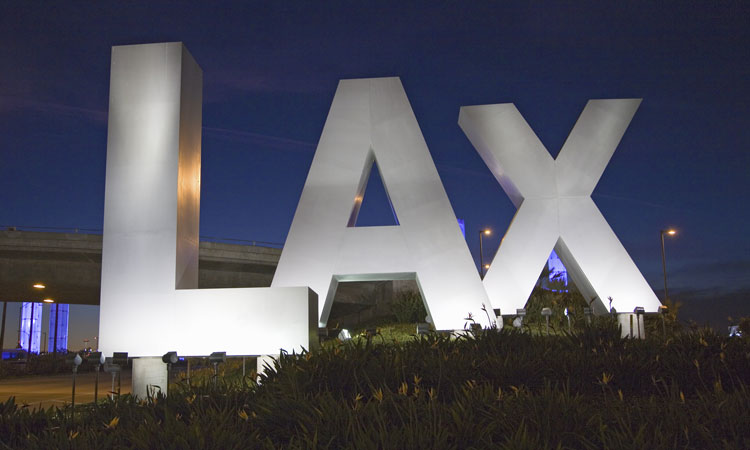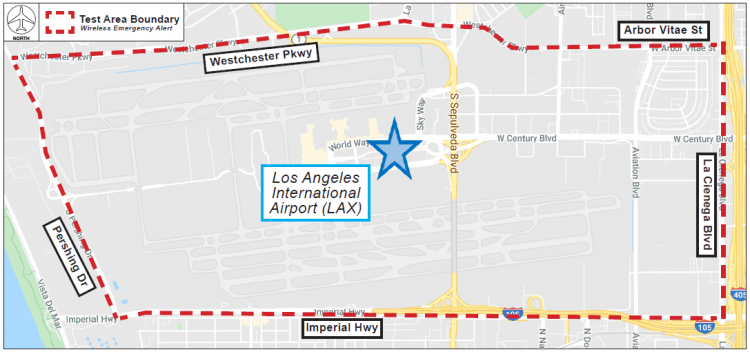Wireless emergency alert test to be undertaken by LAX
Posted: 7 January 2020 | International Airport Review | No comments yet
LAX joins a small number of airports in testing the WEA system, taking preemptive measures in case of any future emergencies.


On 15 January 2020, Los Angeles International Airport (LAX) will conduct a full-scale test of the Wireless Emergency Alerts (WEA) system. The system allows emergency text messages and an alert tone to be pushed to compatible mobile devices – such as cell phones – within a pre-defined geographic area.
The purpose of WEA is to alert people about imminent threats to safety in their area – aside from airports, it is also used for presidential alerts, AMBER alerts and extreme weather warnings issued by the National Weather Service.
The LAX test of the emergency system will send a message reading: “This is a test of the LAX Wireless Emergency Alert system. No action is required.” Any mobile devices within the area bounded by La Cienega Boulevard to the east, Imperial Highway to the south, Pershing Drive to the west and Westchester Parkway/Arbor Vitae Street to the north will receive the alert.


Copyright: Los Angeles International Airport
Los Angeles World Airports (LAWA) joins government agencies across the country granted authority to use the system by the Federal Communications Commission (FCC). LAX will be one of only a small amount of other U.S. airports to test the WEA alert system – those that have also tested it include Dallas Love Field Airport and Denver International Airport.
Director for Emergency Management at Los Angeles World Airports, Justin Pierce, said: “Safety is the number one priority at Los Angeles World Airports, and the Wireless Emergency Alerts system provides us with another way to send critical information during an emergency directly to airport guests. While we hope that we will never need to use this system, conducting a full-scale test of the system will ensure that we have the capability to reach tens of thousands of airport employees and passengers with potentially life-saving information.”
Join our free webinar: Transforming Airport Security – Innovation, Impact, and the Passenger Experience
The landscape of airport security is undergoing a profound transformation, driven by evolving threats, technology, and passenger expectations. This webinar focuses on how AtkinsRéalis has been transforming security processes at some of the world’s busiest airports with smarter, more adaptive solutions.
Date: 4 Nov | Time: 14:00 GMT
REGISTER NOW TO SECURE YOUR SPOT
Can’t attend live? No worries – register to receive the recording post-event.
Related airports
Dallas Love Field Airport, Denver International Airport (DEN), Los Angeles International Airport (LAX)
Related organisations
Federal Communications Commission (FCC), Los Angeles World Airports (LAWA)


















